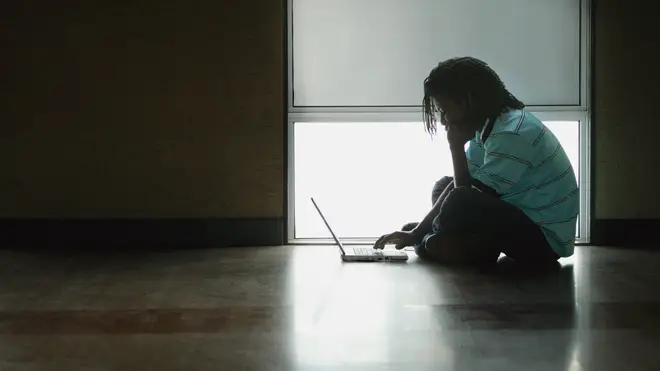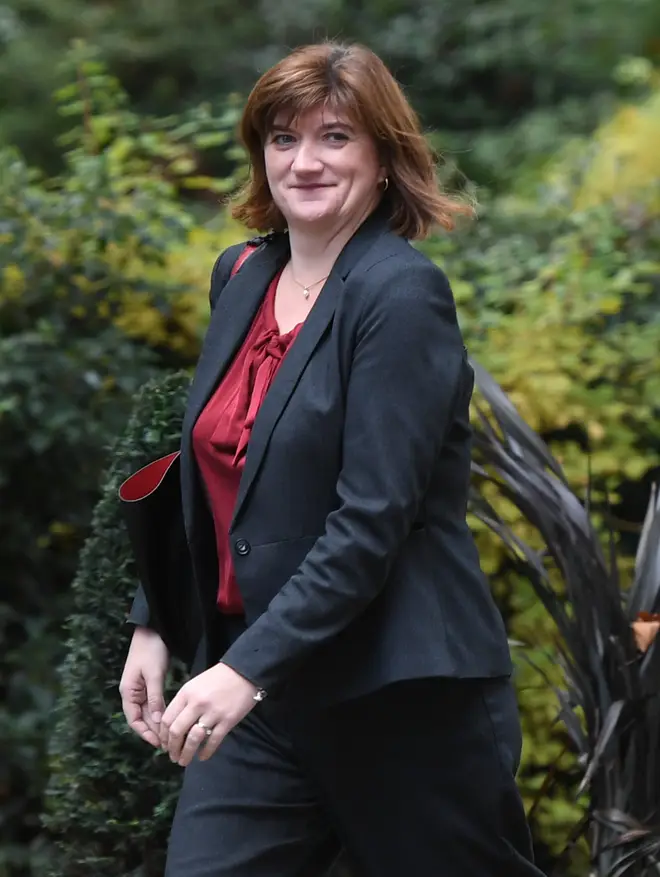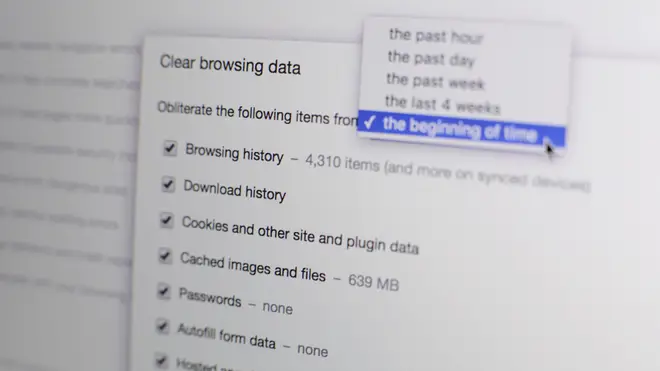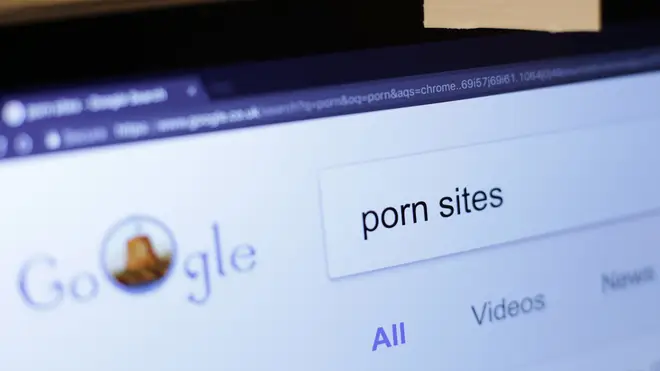
Clare Foges 6pm - 9pm
16 October 2019, 16:11

The UK government's proposals to introduce controversial age verification measures preventing children from watching online pornography have been dropped.
Digital, Culture, Media and Sport Secretary Nicky Morgan announced the plan to scrap the "porn block" on Wednesday which would have been one of the first of its kind in a democratic country.
The idea behind the long-delayed measure began in 2015 and was meant to be introduced last year, however repeated stumbling blocks led to the government today confirming it "will not be commencing."
If the policy was enacted, anyone wishing to watch pornography online would have been required to prove they were over the age of 18 by providing identification, such as credit cards or passports.
Refusal to implement these checks would have meant pornography sites faced being blocked by internet service providers in the UK.

The Digital Secretary explained how the government will now use other more practical and viable methods in order to achieve the same outcome.
Ms Morgan said: "The Government has concluded that this objective of coherence will be best achieved through our wider online harms proposals and, as a consequence, will not be commencing Part 3 of the Digital Economy Act 2017 concerning age verification for online pornography.
"The Digital Economy Act objectives will therefore be delivered through our proposed online harms regulatory regime.
"This course of action will give the regulator discretion on the most effective means for companies to meet their duty of care. As currently drafted, the Digital Economy Act does not cover social media platforms."

She added that the government still has an "unwavering" commitment to protecting children when they use the internet.
Many legal, practical and technical difficulties arose during the attempted implementation of the plan, with privacy campaigners arguing that an individual's browsing habits could be leaked.
Companies like Twitter and Reddit could have also faced blocks as both host some adult content, which led to the government previously announcing they would be exempt from the policy.
It was delayed further in June because the government failed to inform the EU of its plans behind the crackdown.
Labour criticised the Conservatives' handling of the issue, saying it was "proof that an important policy issue has descended into utter shambles."
The British Board of Film Classification, which was set to become the regulator for the age verification measures, said it was ready to undertake its role.

"The introduction of age-verification on pornographic websites in the UK is a necessary and important child protection measure," the organisation said.
"The BBFC was designated as the Age Verification Regulator under the Digital Economy Act 2017 (DEA) in February 2018, and has since worked on the implementation of age verification, developing a robust standard of age verification designed to stop children from stumbling across or accessing pornography online.
"The BBFC had all systems in place to undertake the role of AV Regulator, to ensure that all commercial pornographic websites accessible from the UK would have age gates in place or face swift enforcement action.
"The BBFC understands the Government's decision, announced today, to implement age verification as part of the broader online harms strategy.
"We will bring our expertise and work closely with Government to ensure that the child protection goals of the DEA are achieved."